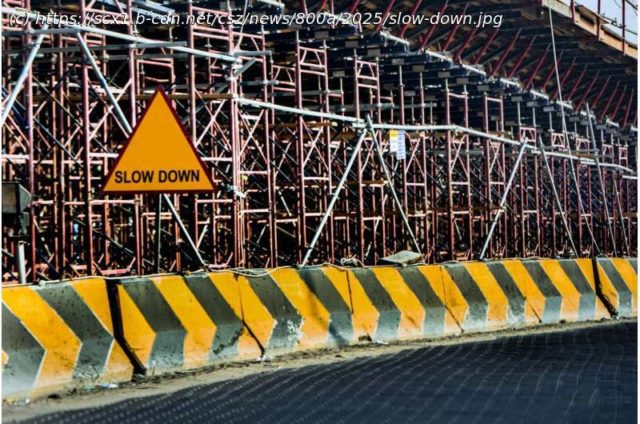Lately, there have been many headlines about scientific fraud and journal article retractions. If this trend continues, it represents a serious threat to public trust in science.
Lately, there have been many headlines about scientific fraud and journal article retractions. If this trend continues, it represents a serious threat to public trust in science.
One way to tackle this problem—and ensure public trust in science remains high—may be to slow it down. We sometimes refer to this philosophy as «slow science.» Akin to the slow food movement, slow science prioritizes quality over speed and seeks to buck incentive structures that promote mass production.
Slow science may not represent an obvious way to improve science because we often equate science with progress, and slowing down progress does not sound very appealing. However, progress is not just about speed, but about basing important societal decisions on strong scientific foundations. And this takes time.
Unfortunately, the pressures and incentives modern scientists face are almost universally against slow science. Secure, permanent university jobs are scarce, and with budget cuts, this appears to be getting worse.
As a result, the pressure to publish has never been higher. Indeed, in my yearly performance meetings, I am asked how many articles I’ve published and what the status of the journals I published in. I am not asked how robust my methods are and how discerning my peer reviewers were.
Our current «fast science» approach has produced a host of problems.
Much as with fast food, scientists are incentivized to produce as much science as possible in as little time as possible. This can mean cutting corners. We know, for instance, that larger samples lead to more trustworthy results because they are more likely to be representative of the relevant population. However, collecting large samples takes time and resources.
Fast science is also associated with gaming the system. As a hypothetical example, an educational scientist might collect data to find evidence for their theory that a new teaching style promotes better learning.






